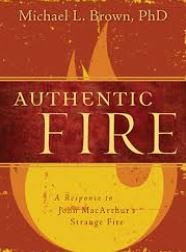All truth is relative - logic is kicked out the door

The nineteenth-century philosopher Friedrich Nietzsche is famous for his declaration that “God is dead.” That brief dictum does not give the whole story. According to Nietzsche, the cause of the Deity’s demise was compassion. He said, “God is dead; He died of pity.” But before the God who was the God of Judeo-Christianity perished, Nietzsche said that there were a multitude of deities who existed, such as those who resided on Mount Olympus. That is, at one time there was a plurality of gods. All of the rest of the gods perished when one day the Jewish God, Yahweh, stood up in their assembly and said, “Thou shalt have no other gods before me.” Hearing this, according to Nietzsche’s satirical summary, all of the rest of the gods and goddesses died. They died of laughter. In our day, where pluralism reigns in the culture, there is as much satirical hostility to the idea of one God as there was in Nietzsche’s satire. But today, that repugnance to monotheism is not a laughing matter. In ...

